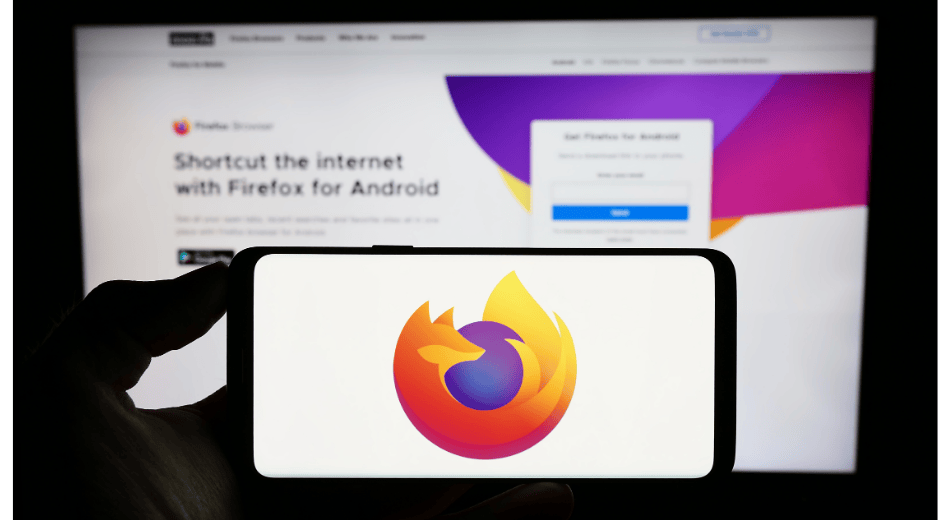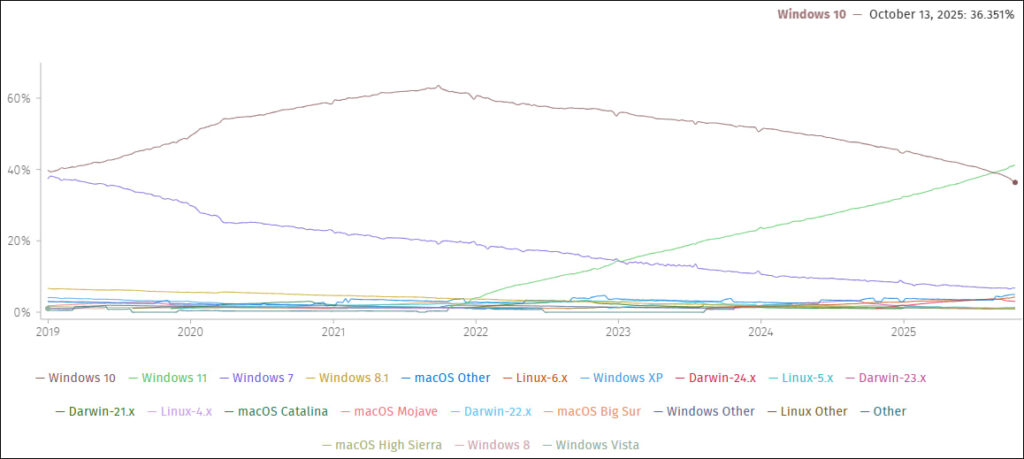
Mozilla has confirmed it will continue to provide full Firefox support on the Windows 10 operating system “for the foreseeable future,” including both security patches and new features.
With 36.5% of Firefox users still running Windows 10, the browser’s sustained compatibility ensures that a significant portion of its user base won’t be left behind by Mozilla.
The announcement arrives just days after Microsoft pushed it final regular Windows 10 security update. Microsoft will now only offer Extended Security Updates (ESU) to paying customers, those using the Windows Backup feature, and those based in Europe for another year.
Mozilla says Firefox will continue to deliver “the latest and greatest” browser features and fixes to users who choose to remain on the platform. Unlike the limited security-only updates Firefox provides for Windows 7 and 8, Windows 10 will retain full feature parity with Windows 11 in Firefox’s release channel. That means users can expect rapid patching of vulnerabilities, often within 24 hours, and ongoing access to new capabilities, just as they would on a modern OS.
Windows 10, first released in 2015, still powers a substantial portion of the desktop ecosystem. Its widespread use across home and enterprise environments, and on hardware not eligible for Windows 11 upgrades, makes continued support from third-party vendors like Mozilla essential. While Microsoft encourages users to migrate to Windows 11, many devices don’t meet the stricter hardware requirements, especially around TPM and secure boot, pushing users to either seek ESU enrollment or remain on unsupported setups.

Mozilla
For users choosing or forced to stay on Windows 10, Mozilla advises taking additional steps to remain secure. These include enrolling in Microsoft’s Extended Security Updates program and enabling Firefox Sync, which offers encrypted backups of browsing data. Sync not only preserves bookmarks, passwords, and history in case of device loss or replacement, but also simplifies migration to a new machine, where Firefox may initially launch without any user data due to Windows’ handling of third-party apps during the upgrade process.
This forward-looking support aligns with Mozilla’s broader strategy of resisting forced obsolescence. Just last month, the organization extended Firefox ESR 115 support for Windows 7, Windows 8/8.1, and older macOS versions (10.12 through 10.14) until March 2026, citing a continued commitment to delivering critical security updates for users on legacy platforms. With Google Chrome and Microsoft Edge having long since ended support for these systems, Firefox stands out as the last major browser to offer secure browsing on deprecated operating systems.
In February 2025, the company reiterated its support for Manifest V2 browser extensions, ensuring that powerful privacy tools like uBlock Origin continue to function, even as Google moves to fully disable the older API framework in Chrome.
If you liked this article, be sure to follow us on X/Twitter and also LinkedIn for more exclusive content.


